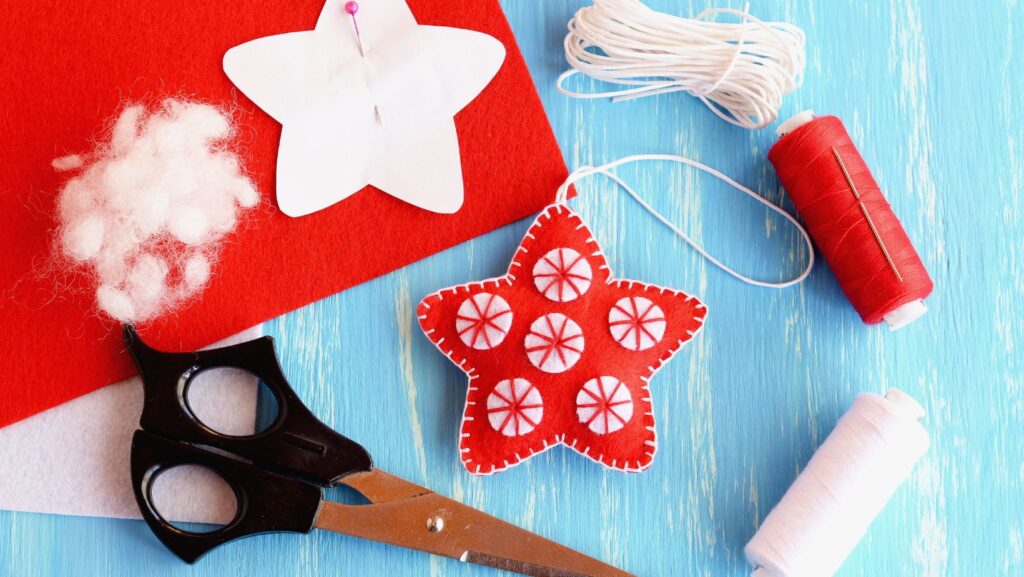Stepping into the world of DIY home projects can seem daunting, especially for beginners. But don’t let that overwhelm you! There’s a multitude of easy, fun, and cost-effective projects that’ll not only enhance your skills but also transform your living space.
Easy Home Projects For Beginners
Small, beginner-friendly home projects are a fantastic way to get hands-on experience without feeling overwhelmed. These projects are designed not only to enhance the aesthetics of your dwelling but also to boost your DIY skills effectively. They don’t demand a significant monetary investment, making them good picks for budget-conscious individuals.
Three categories summarize these easy home projects for beginners:

- Basic Woodwork– Involves simple, fun activities like creating a shelf, picture frame, or basic stool, giving beginners a taste of carpentry.
- Decor-centric Projects– Include crafty tasks like creating decorative flower pots, painting an accent wall, or making handmade rugs. These add color and character to a residence without requiring extensive effort or spending.
- Outdoor Upgrades– Encompass tasks like building a backyard birdhouse, installing a small garden pond, or planting a vegetable garden. Such projects enhance the exterior look of a house while connect beginners to nature.
These categories serve to exemplify the array of easy home projects available for beginners. Starting with these manageable tasks, beginners can gradually work their way up to more sophisticated and challenging projects. Every accomplishment boosts confidence, nurturing a love for DIY tasks, while making their homes more beautiful and functional.
Getting Started: Necessary Tools and Safety Measures
Kickstarting ‘easy home projects for beginners’ starts with acquiring the necessary tools and understanding the safety measures. This ensures that the projects run smoothly and prevent any unforeseen mishaps.
Basic Tools Needed for Home Projects

Approaching the world of DIY begins with curating a toolkit. Bear in mind, these tools aren’t extravagant or overly expensive, but rather fundamental utilities every beginner ought to have.
- Hammer: A standard claw hammer finds use in most home projects. It’s helpful for driving nails into surfaces or extracting them.
- Screwdriver: Sets including both flathead and Phillips-head screwdrivers help in assembling or disassembling various items.
- Tape Measure: A tool used to quantify dimensions for precise working.
- Utility Knife: Handy for varied tasks like opening boxes or trimming wallpapers.
- Pliers: Useful for gripping, bending or manipulating wires and nails.
- Safety Gear: It’s crucial to have safety glasses and work gloves to protect oneself during DIY tasks.
Safety Measures to Take Before Starting Projects

Safety during DIY projects isn’t optional but a prerogative. Whether it’s ensuring the correct use of tools or wearing appropriate safety gear, taking precautions considerably reduces the risk of accidents. Some safety tips for beginners include:
- Read Instructions: Always read the user manual for power tools, as they often contain essential safety information pertaining to the tool’s use.
- Wear Correct Safety Gear: This includes safety glasses for eye protection, work gloves for hand protection, and sturdy shoes to protect feet.
- Work in a Well-Lit Space: This reduces the risk of accidents caused by poor visibility.
Tips for Successful DIY Home Projects
To kick start and succeed in DIY projects, especially for beginners, several strategic moves and tips can play an instrumental role. Applying these tricks not only saves effort but can also enhance the outcome of the DIY projects. Here’s a compact list of tips, focusing on ‘easy home projects for beginners’, bundled with beneficial guidance:
- Start Simple: Guidance for novices hinges on beginning with basic projects such as homemade picture frames or DIY succulent planters. Initiating with complex tasks may result in discouragement due to potential hurdles. Tackling simple projects initially can foster confidence while simultaneously improving DIY skills.
- Plan Ahead: A crucial step for successful DIY home projects is efficient planning. This includes clear identification of project requirements, accurate estimation of time and cost, and establishment of realistic expectations.
- Invest in Quality Tools: Quality tools can make a significant difference in the outcome of a DIY project. Essential toolkit for beginners, as mentioned previously, includes items like hammer, screwdrivers, tape measure, utility knife, and pliers.
By adhering to these tips for successful DIY home projects, beginners can enjoy a smoother and more gratifying journey in the realm of DIY.

